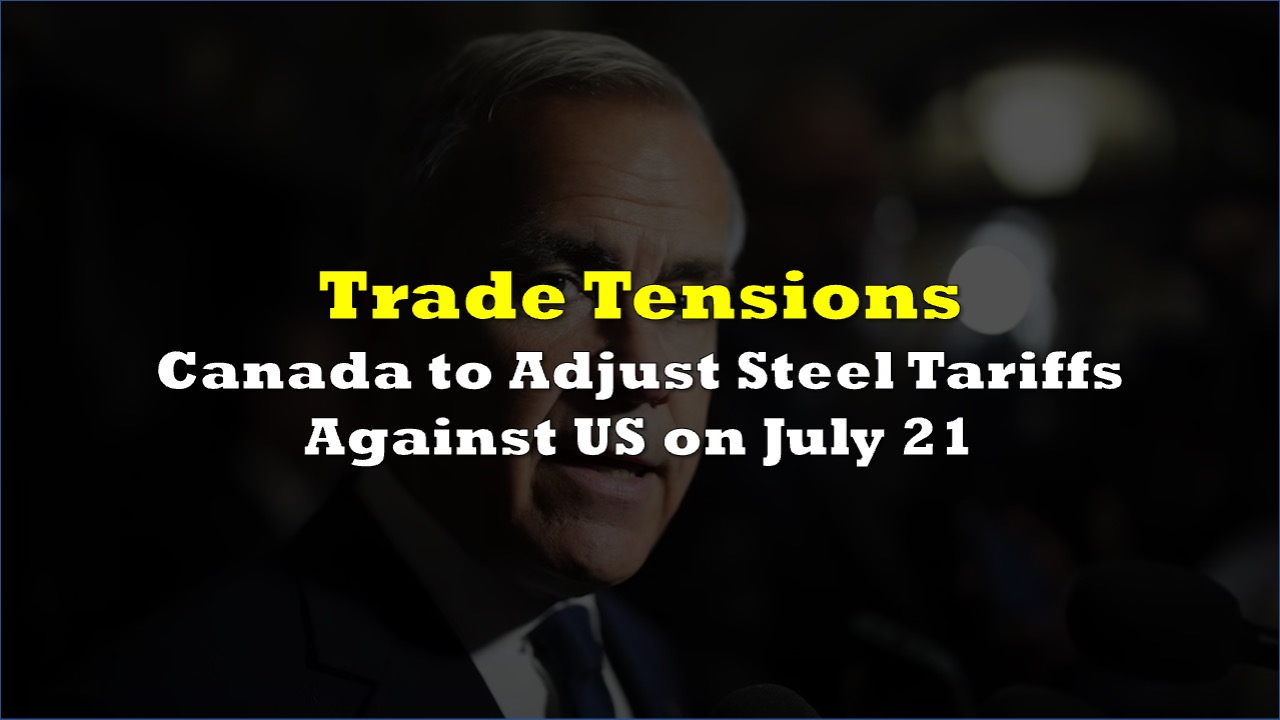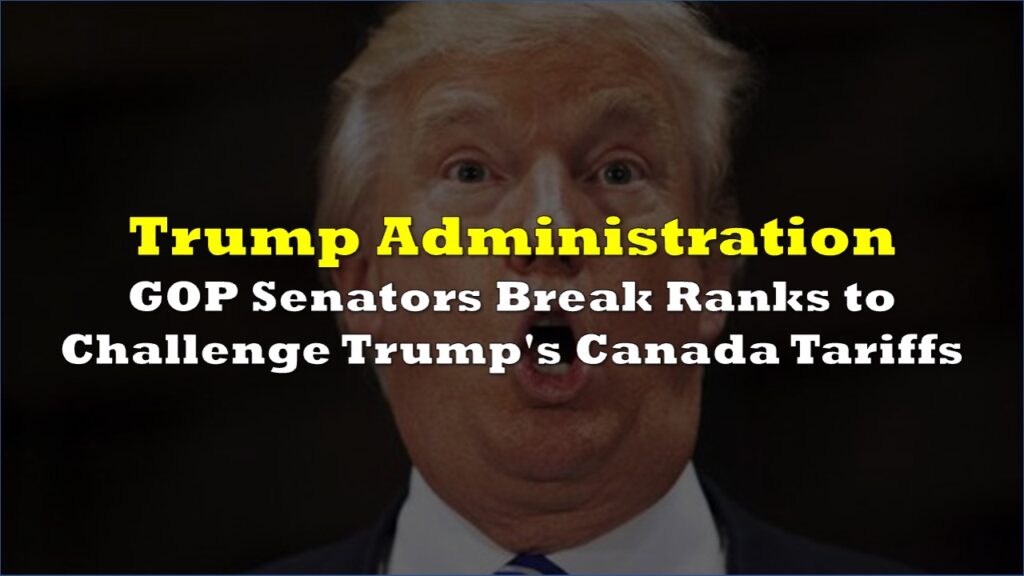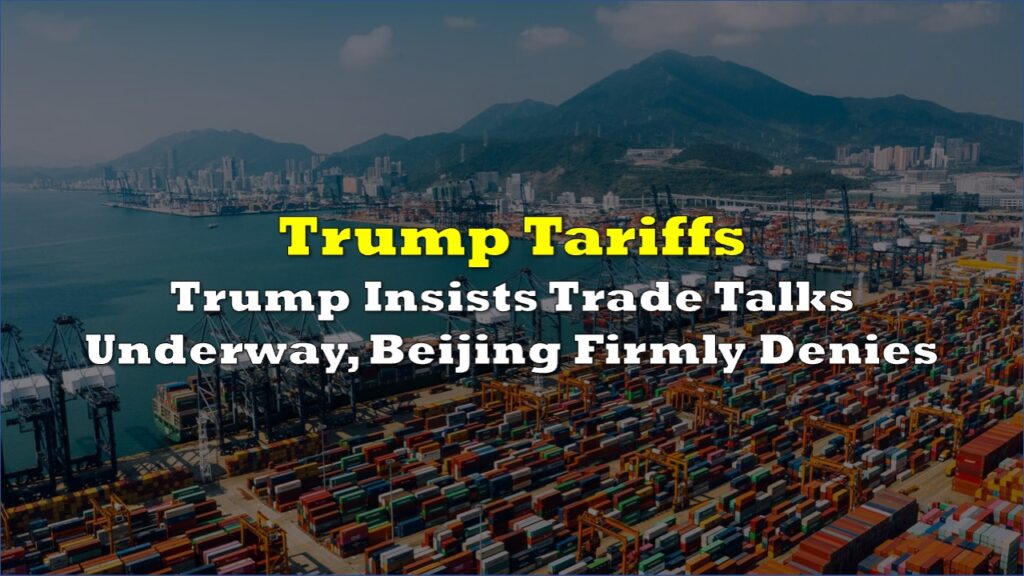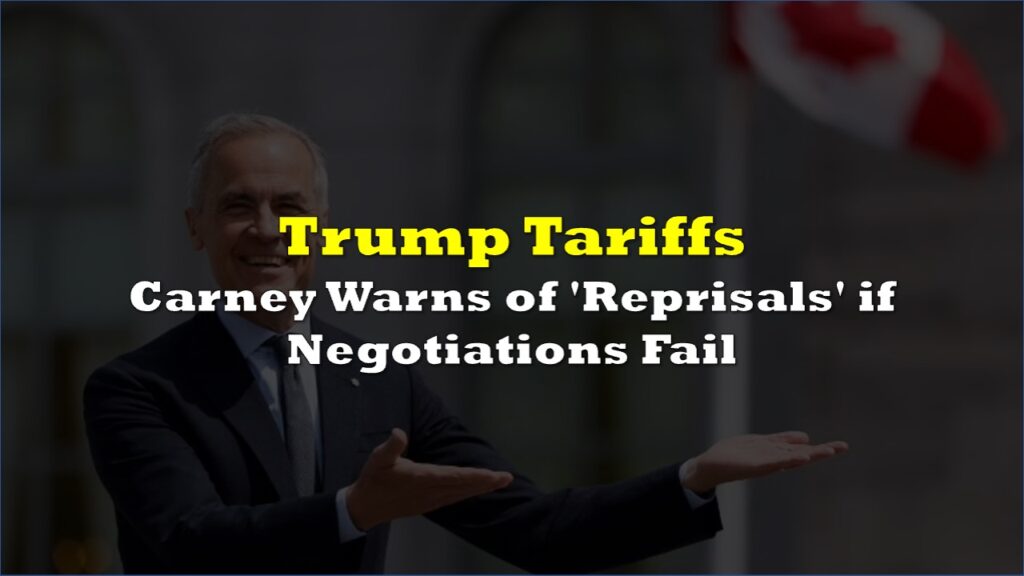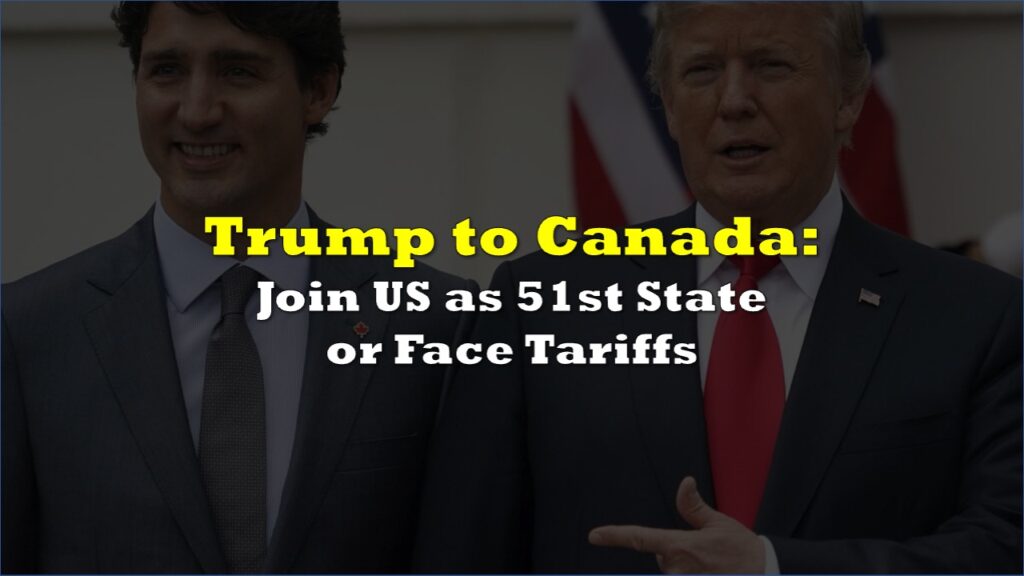Canada will adjust its retaliatory tariffs against US steel and aluminum imports on July 21, “to levels consistent with progress that has been made in the broader trading arrangement,” Finance Minister François-Philippe Champagne announced Thursday.
The announcement comes as the two countries engage in intensive talks following President Donald Trump’s decision to double tariffs on Canadian steel and aluminum to 50% earlier this month. Canada currently imposes 25% counter-tariffs on $29.8 billion worth of US goods.
“We will review our response as the negotiations progress,” Prime Minister Mark Carney said. “In parallel, we must reinforce our strength at home and safeguard Canadian workers and businesses from the unjust US tariffs.”
Carney met with Trump at the Group of Seven meetings in Alberta this week, where both leaders agreed to pursue negotiations toward a deal within 30 days. The July 21 date coincides with the end of that negotiating period.
Trump signed an executive order June 3 doubling steel and aluminum tariffs to 50%, which took effect the following day, citing national security concerns. The move affects Canada, which supplies approximately 25% of US steel imports and 50% of aluminum consumption.
Canada responded March 13 with 25% tariffs on steel products worth $12.6 billion, aluminum products worth $3 billion, and additional US goods including tools, computers and sporting equipment.
The Canadian Steel Producers Association expressed disappointment with the government’s approach, saying it “falls short of what our industry needs.” Association President Catherine Cobden said that “at a 50 per cent tariff rate, the US market is effectively closed to Canadian steel, leaving billions of dollars of Canadian steel without a market.”
The Aluminum Association of Canada offered more support, with President Jean Simard saying the measures “strike the right balance between sending a strong signal towards focused and accelerated negotiations and using a measured approach through adaptive counter-tariffs and reciprocal procurement policies.”
Oxford Economics estimates the metal tariffs will reduce US business investment by 0.4% to 0.5%. The dispute has resulted in layoffs and cancelled investments across Canadian steel and aluminum sectors.
Finance Minister Champagne announced additional defensive measures Thursday, including new procurement policies limiting federal contracts to Canadian suppliers and “reliable trading partners” beginning June 30. The government also established a $10 billion loan facility for large enterprises affected by the tariffs.
Labor union Unifor has called for immediate retaliatory tariffs matching the 50% US rate. “These tariffs are killing investment in our steel, aluminum, and auto sectors,” said National President Lana Payne.
Both governments say they remain open to additional measures depending on negotiation outcomes.
Information for this story was found via the sources and companies mentioned. The author has no securities or affiliations related to the organizations discussed. Not a recommendation to buy or sell. Always do additional research and consult a professional before purchasing a security. The author holds no licenses.

